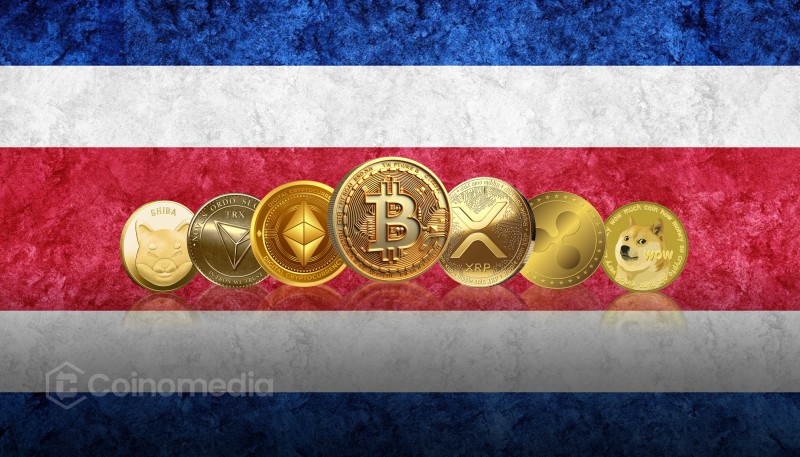Thailand Bans Short Selling Amid Market Concerns
Thailand's stock exchange halts short selling temporarily to stabilize market volatility.

- Thailand temporarily halts short selling on its stock exchange.
- Move aims to control rising market volatility.
- Regulators monitor for market manipulation and investor safety.
Why Did Thailand Ban Short Selling?
The Stock Exchange of Thailand (SET) has made a bold move by temporarily banning short selling. This decision comes amid growing concerns over market volatility and sharp price drops affecting investor confidence.
Short selling allows traders to profit from falling prices by borrowing and selling stocks, then buying them back at lower prices. However, in times of uncertainty, excessive short selling can lead to panic and further price crashes. By pausing this practice, Thai regulators hope to restore calm and reduce undue downward pressure on stock prices.
Impact on Market and Investors
The immediate effect of the ban is a halt in speculative trading activities that could drive prices lower. For retail investors, this could offer a sense of security, knowing that the market is being actively protected from sharp declines.
Market analysts believe this temporary measure is Thailand’s way of reinforcing trust while it reviews current conditions. The move is also intended to prevent potential manipulation that might damage fair market operations.
Regulators have stated they will monitor the situation closely and may reinstate short selling when stability returns.
What’s Next for the Thai Stock Market?
While the ban is not permanent, it signals strong regulatory intent to step in when markets show signs of stress. Investors are advised to remain cautious but also see this as a protective measure.
In the coming days, market activity will reveal whether this action succeeds in calming volatility. Global investors are also watching to see if similar moves happen in other regions facing



